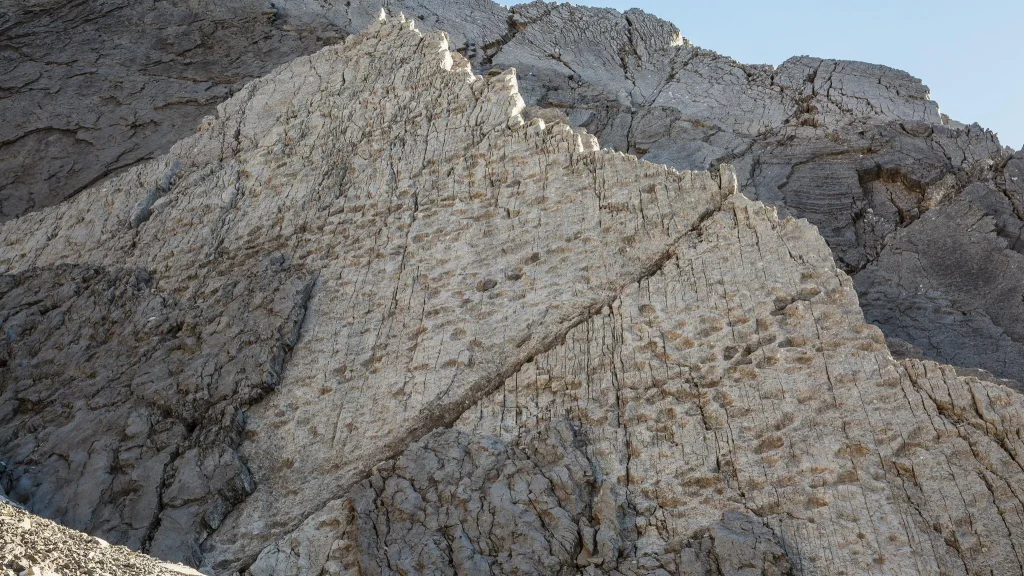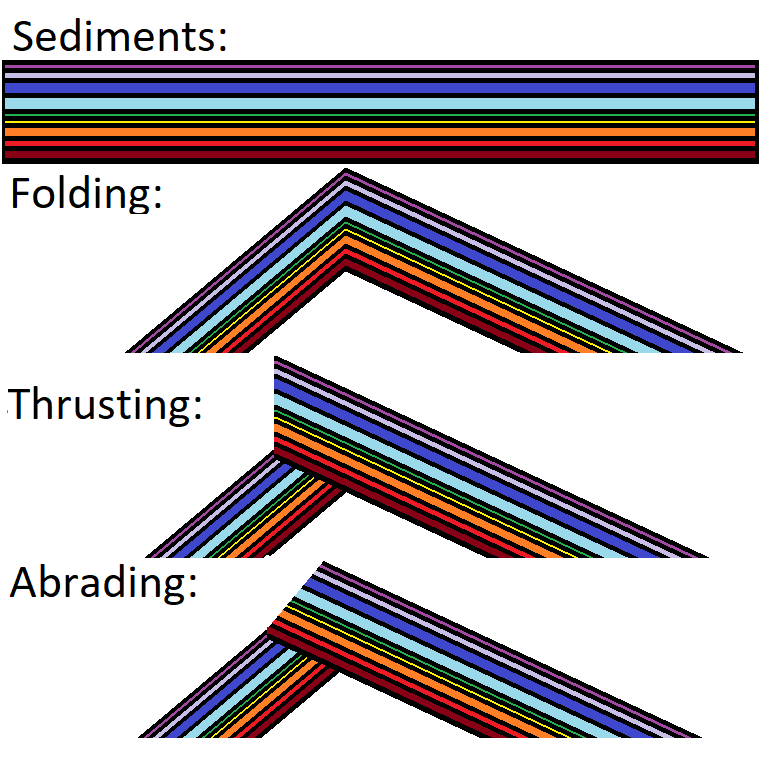What a mess is the language of Coco.
Not so long ago most dialects of British (if not also other forms of the language) English dropped the singular form of the second person, though it hung on for in the vales and tor of the West Riding for many a long year after its abandonment in standard English, so that What has(‘)t(‘)h’done could ring in the ear of many a bairn. Coco is not quite sure of the correct orthography, perhaps you/thou dear reader will/wilt provide it.
We are also in danger of losing any distinction in the third person, where he/she/it are slowly being replaced by they: There were no other customers. Simon was alone in the bookstore and after they had paid, they walked off with their book.
Have you, dear readers, or, as is perhaps more likely unless sharing a screen, hast thou, dear reader, noticed that they have started a campaign to remove the first person singular form also and so we, who are English speakers, move away from the use of I to be replaced with we? Now in regal use that has long been the case, for the monarch spoke not merely on his own behalf but on the behalf of his government as a whole, but for thee and me, surely not?
A letter recently arrived from them as follows – only relevant content is included:
We are sorry to hear…
We are writing to you because…
Incorrect….and we fully accept that…
We hope that you will appreciate that…
We recommend that when…
This address should … if you need to write to us please write to us separately….
If any other…..we will contact you separately….
If you are … we may need to contact you again…because we are required..but we will contact you if…
If you would like more information…please contact us. Our telephone number is at the top of this letter.
If you would like independent advice…you can ask these organisations to contact us on your behalf.
Please accept my apologies once again for contacting you at this time.
Yours sincerely
Office Manager
All would have been well, apart from the final inclusion of the word again. Without that word Coco would have understood that Office Manager would have been writing on behalf of the organisation and therefore we would have been the correct form to use up to that point. At no point in the letter though did Office Manager ever express apologies for anything, so it was not possible for Office Manager, as distinct from the organisation on whose behalf they(sic!) were writing, to correctly say again. The conclusion must be, for the use of again, that we and my in this letter refer to the same person, persons or being of more than one personage. The question may arise, to which person does we/my refer?
We may skip the option of a being of more than one personage, as this is an entirely of this world letter, so there is no need to invoke an alien origin. As the letter was from an organisation, Coco did not expect an individual of the name Office Manager to write on their(sic!) own behalf, so it was not inappropriate to take the earlier references in the letter we that we was the organisation, being a collection of persons or a company of such. The use of again however contradicted that assumption. The we of the earlier part of the letter must be the same person as the my preceding the again.
But if that is the case, why then was my not used throughout the letter? The conclusion must be that the use of my at the end was an oversight. It was really intended to be we, but an individual, whom Coco shall name for the sake of naming, Office Clerk, had failed to make the correction when scrutinising these official letters for any use and all uses of the singular pronouns.
So, the merely singular use of my suggests to Coco that we was always the intended form and that my is an mistake or oversight, The answer to the question to whom does we/my refer? then becomes unimportant. For either way, if it refers to Office Manager we, being used multiple times is the preferred pronoun for them(sic!), and if it refers to the organisation, then the my used towards the end is a mistake.
Given that emotions can only be felt by sentient beings, then whereever we/my is used to express and emotion, the reference must also be a sentient being, so cannot be the organisation but must be Office Manager.
Coco must conclude that as the use of my was a mistake, and that Office Manager, on behalf of the organisation has consistently used we to refer to themself(sic!) [should that be themselves?], Coco must conclude then that a decision has been taken somewhere in government to suppress the use of all singular pronouns.
Let them do so:
Singular
We are
You are
They are
singular-noun is
Plural
We are all
You are all
They all are
plural-noun are
Singular
We love
You love
They love
singular-noun loves
Plural
We all love
You all love
They all love
plural-noun love
Coco just needs to get all in the right place, that’s all.


